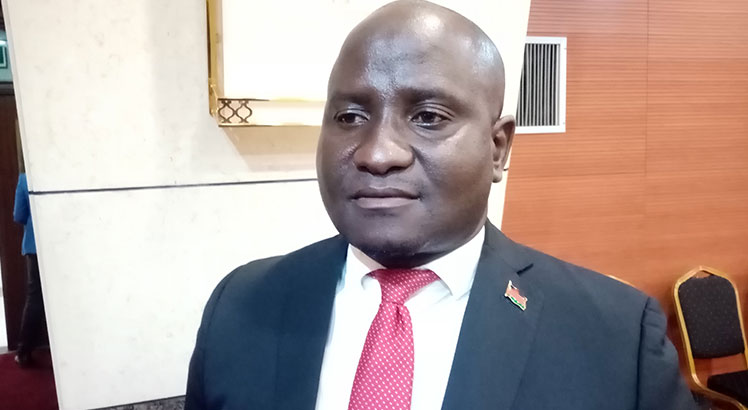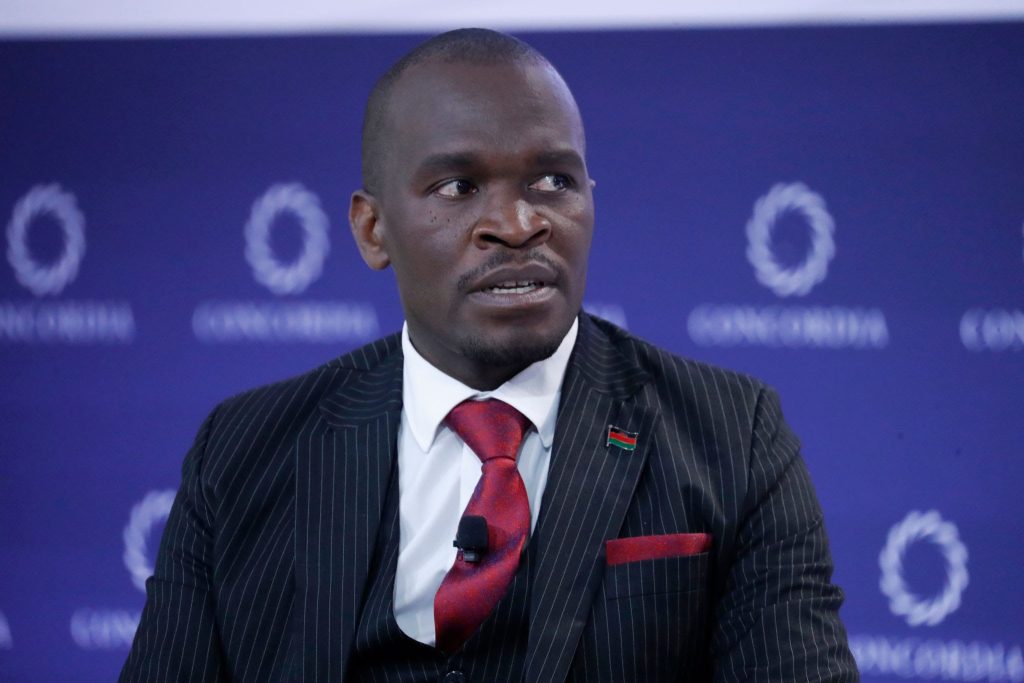Embassy assets probe freezes
Government has failed to dispatch investigators to probe the dubious selling of assets and disappearance of the proceeds in some foreign missions, Weekend Nation has learnt.
In an interview last week, Attorney General’s public relations officer Emmanuel Lawyer confirmed the inaction on the probe, but insisted that government is committed to hold responsible officers accountable, recover funds and trace assets.

According to information from the Attorney General’s office, the missions attracting the forensic audit are Namibia, South Africa and the United Kingdom (UK).
These are missions where diplomats allegedly did not account for money from assets sales, a development that compelled Attorney General (AG) Thabo Chakaka Nyirenda nearly two years ago to order a probe into the matter.
Besides the auditors, government also planned to engage fiscal police to travel to these countries to investigate the alleged illegal disposal of government property that include houses, but has not done so yet.
Explained Lawyer: “Indeed, as part of his civil assets recovery plan to recover properties and stolen public funds, the Attorney General initiated the process to probe the cases after auditors found out that the officers involved had, indeed, abused their powers.

“The audit was also supposed to be undertaken in the countries where the assets are believed to have been sold. Further, the AG referred the issue to the fiscal police to do their part, but that has not been done yet.”
But Lawyer could not give details on what exactly was delaying the probe, only saying “government is still in the process of instituting the investigations in those embassies”.
The cases of illegal disposal of assets, which include residences and vehicles, date back to the time United Democratic Front (UDF) was in government.
It is suspected that the ex-diplomats were conniving with certain government officials at Capital Hill in Lilongwe to sell the assets without following laid-down disposal of public assets procedures, resulting in government losing out on earnings from the sales.
The AG is on record as saying his office has details of the properties as well as all names of the former officials who oversaw the transactions, but he could not reveal such details for fear of jeopardising investigations.
National Police spokesperson Peter Kalaya confirmed that they received communication from the DPP earlier this year to assemble investigators to handle the issue.
He said: “The matter is being handled by our Fiscal and Fraud Section. At this moment we can’t get into the specifics regarding what we have done because the team is still investigating the matter.”
However, chairperson of the Public Accounts Committee (PAC) of Parliament Mark Botomani said they are worried with government laxity in dealing with the matter decisively.
“You may recall that my committee presented reports in Parliament after we scrutinised Auditor General’s reports on the mismanagement and general malpractices of public resources in the foreign missions, including the ones in question.
“We, therefore, hoped that by now, action would have been taken. Our appeal, therefore, is for the AG, together with the relevant law enforcement agencies, to speed up the process of bringing to book all suspected culprits,” said Botomani.
Governance and accountability expert Boniface Chibwana, who is national coordinator for Catholic Commission for Justice and Peace (CCJP), observed that government must not rush to recover assets before assessing how the property was fraudulently sold.
“It is time laws that enable Public Finance Management in terms of disposal of assets are religiously followed.
“There is need to assess the loopholes that necessitated this unfortunate scenario and work to amend such loopholes. We have seen a lot of instances in this nation where the system has not been followed to enable crime. We need to always follow regulations to finer details without fail,” said Chibwana.
But he said next to fixing the system should be government’s strengthening of State institutions as the slow pace at which DPP and AG offices are moving on the matter points to “a lack of strengthened systems and lack of efficiency on the part of officers”.
“It also points to lack of accountability checks to enable these offices to act efficiently. CCJP understands that asset recovery is a complex matter, however, two years is too much for any system,” noted Chibwana.
A source at Ministry of Justice, however, told Weekend Nation during the week that the exercise had derailed due to lack of funding and coordination between the relevant offices, which include that of the AG, the Ministry of Foreign Affairs, Treasury, DPP, and Inspector General of Police.
Besides Namibia, South Africa and United Kingdom, there are several other Malawi embassies that are entangled in financial scams.
Some of them are Ethiopia, where almost K300 million was allegedly channelled into personal accounts of deputy ambassador Doreen Kapanga while in Belgium, there was a self-authorisation of allowances to the tune of K12 million as well as a remittances of K18 million without corresponding documents.
In Kenya, it is also feared that in 2012 alone, funds amounting to over K300 million were withdrawn from the embassy’s property account after a sudden change of signatories.





